Cars go on the road; people go on the pavement.
Clear. Simple.
It’s a concept that even a toddler can understand, and in a world where everything worked as it should, that would be the end of it.
But as Dundee gears up for the enforcement of a new ban on pavement parking from December, the only thing clear to see is that in this city, (kerb) lines are blurred.
The reasons for the ban are correct, noble and absolutely justified.
Parking on the pavement, either fully or partially, can have a huge impact on the safety of pedestrians.
Wheelchair users, people with mobility issues or visual impairments, or those pushing prams or buggies, are often forced on to the road (and oncoming traffic) by inconsiderate motorists creating hazards on the pavement.
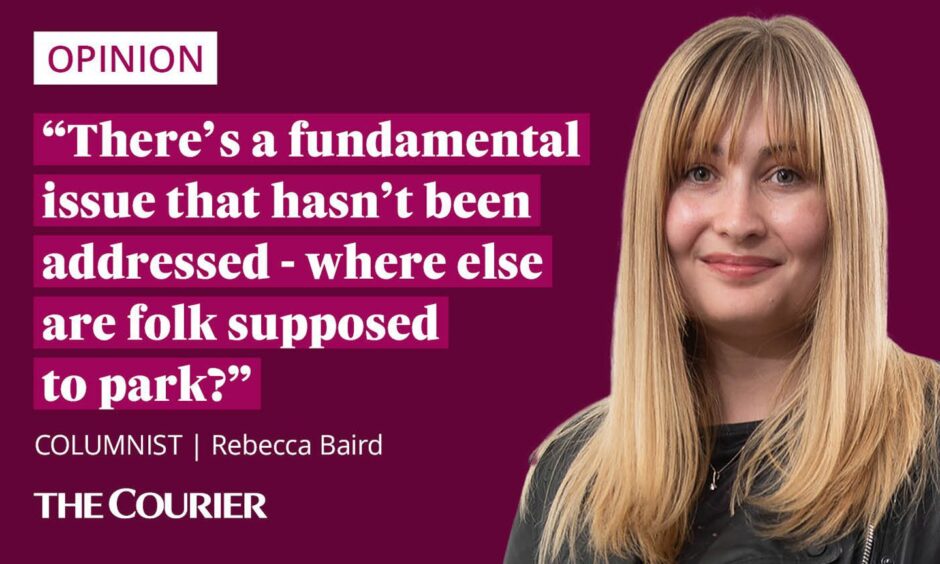
Pavement parking also creates issues for emergency services, who may need to access the stretch of pavement with hoses or equipment during a fire or medical emergency.
Speaking from personal experience, it’s incredibly distressing to find you’re trapped by a pavement-parked car blocking you in, particularly in an urgent situation.
So it’s a no-brainer to say that people shouldn’t be parking on the pavement.
But that’s not the end of the story.
Pavement parkers stuck between a rock and a hard place
Although Dundee City Council has said fines will not be issued until the new year, giving motorists time to settle into the ban, there’s a fundamental issue that hasn’t been addressed – where else are folk supposed to park?
Dundee has a chronic lack of on-street parking, with main streets like Victoria Road relying on resident-only car parks which rarely meet demand, and narrow streets which, without partial pavement parking, would become impassable for cars.
“Go one street over, or two, or three” – and you’ll find the same thing.
Even on wider streets like Ancrum Road, a busy carriageway for Kingsway commuters on their way in and out of the city, residents are forced to choose between parking on the pavement or causing traffic chaos.
On Brook Street, the popular Skyaxe gym runs several children’s fitness classes; just this week I’ve negotiated around dozens of pavement-parked cars of parents who are waiting to pick their kids up.
“Park elsewhere!” I hear you cry, but where?
These parents are picking their children up on a dark November night from a public place, and a notoriously busy road run by speeding boy racers.
Are they supposed to pay for city centre parking and walk half a mile to and from their cars, or have their children walk alone? Would you?
For many, that’s impractical, and for some, simply not possible – time and money won’t allow it.
In that scenario, the safest option for the most people is for the parent to park briefly on the pavement and be gone again in five minutes.
Will they be penalised for picking between a rock and a hard place?
Or if a young woman returning home at midnight is forced to choose between parking on the pavement outside her home, or parking legally four streets away, will she be blamed for “walking alone at night” if something happens to her?
Nobody should be penalised for city’s poor planning
Ultimately, the solution the council is leaning towards is for Dundee to become carless.
Between the controversial city centre low emission zones and the new active travel routes plans, along with this new ban, that vision is clear.
And again, in theory, it’s a good vision. The climate crisis is real, and drastic societal changes need to happen if we’re going to survive as a species – including most city-dwellers ditching their cars.
But until our public transport system allows the same degree of affordability, reliability, reach and convenience as owning a car does, people – the real people who exist, not the ones drawn on artists’ impressions on planning documents – need cars to get around.
And this city isn’t built in a way that makes blanket parking bans (even objectively right ones) practical.
So it’s my hope this ban is enforced in a discretionary manner, with parking attendants able to exercise judgement over the safety of each scenario.
They should have the power to punish repeat offenders, while offering warnings – and alternative parking advice – before issuing fines.
As a driver, if I’m parking on the pavement – or in any way illegally – it’s because that’s the safest option in the practical circumstances.
But as a pedestrian, it’s not my fault drivers can’t find suitable parking.
Neither should be penalised for the city’s poor planning.
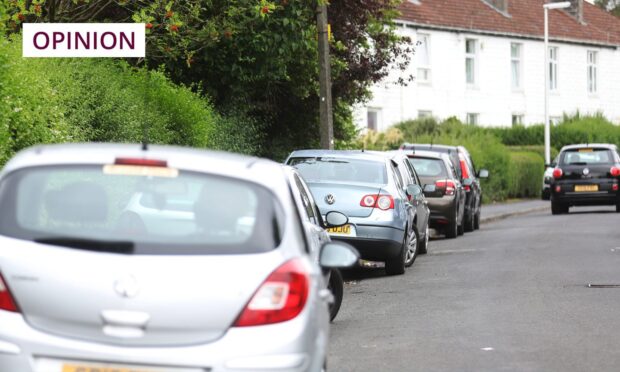
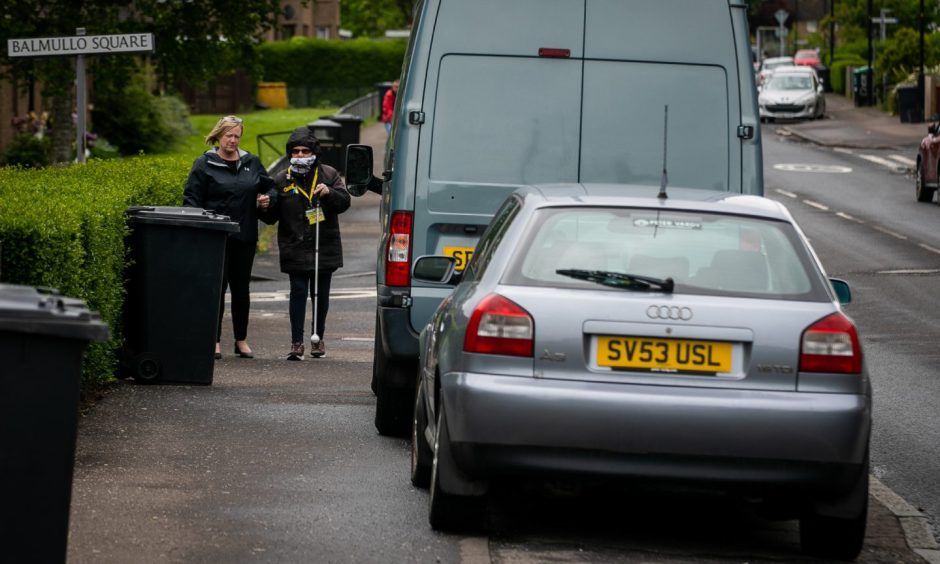
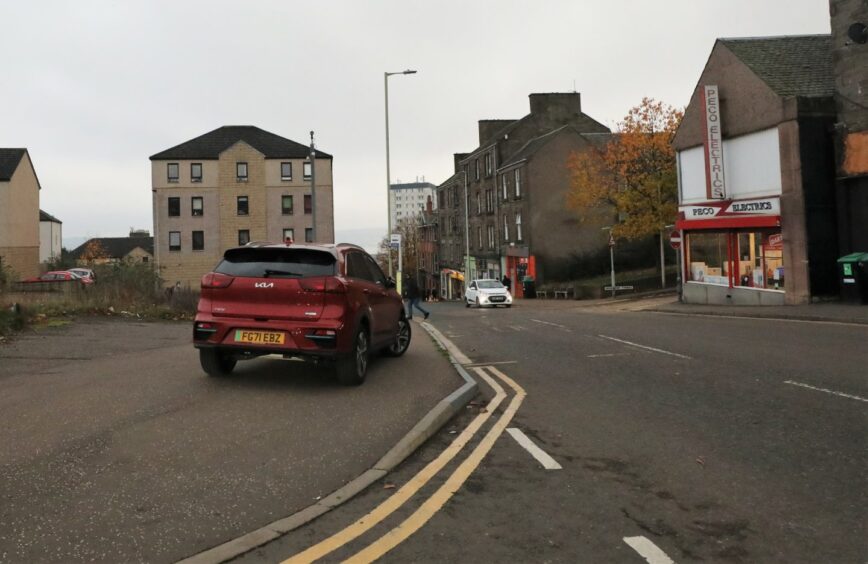
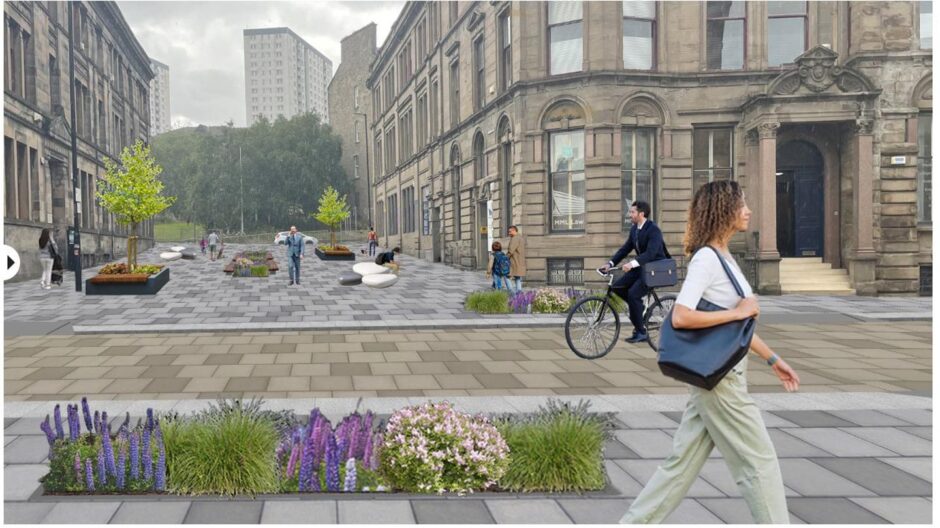
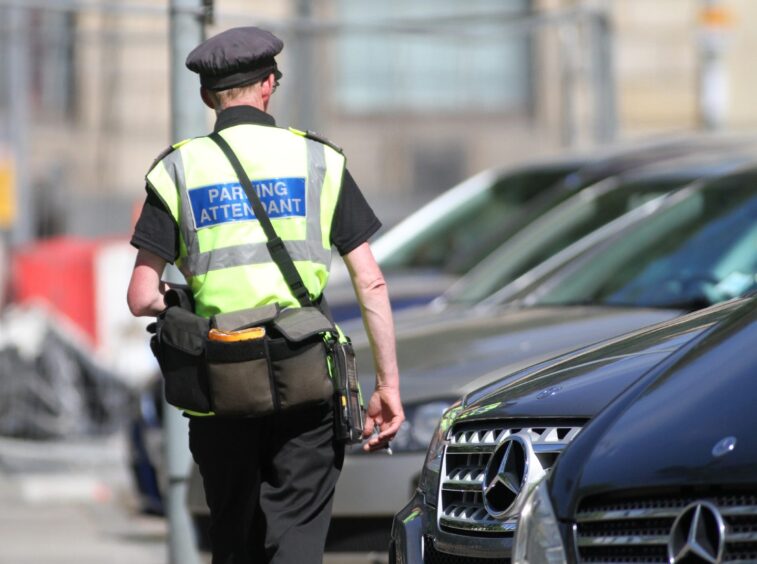










Conversation